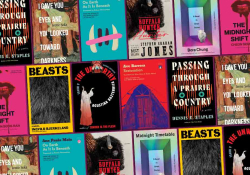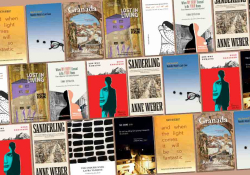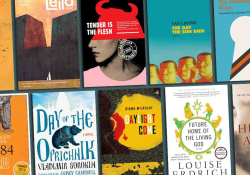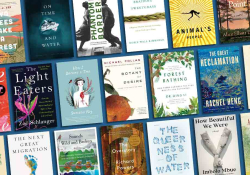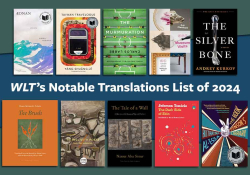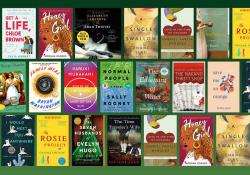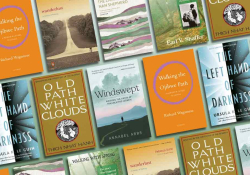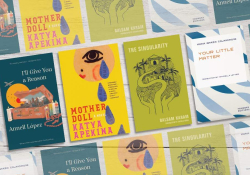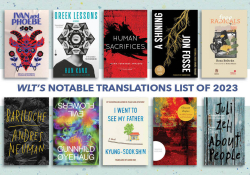Poets of protest, Nobel Prize speculation, and more
News, Reviews, and Interviews
In one of the most controversial articles to circle the web recently, NPR writer and critic Juan Vidal wonders what has happened to political poets. (For an additional perspective, we invite you to read Rachel Tzvia Back’s essay on the poetry of protest in Israel from the May-August double issue of WLT.)
Speculation about the 2014 Nobel Prize in Literature has begun! Top contenders for this year’s prize include Ngũgĩ wa Thiong'o, Haruki Murakami, and Assia Djebar.
Samar Yazbek, Rosa Yassin Hassan, and Inaam Kachachi all talk about their experiences as exiled writers in this month’s Words Without Borders issue.
We know it’s possible for books to change readers’ lives for the better, but what about for the worse? Leslie Jamison and Francine Prose provide their input in last week’s New York Times Sunday Book Review.
Oklahoma writer Rilla Askew was recently interviewed by Nathalie Handal about the literature of Tulsa, Oklahoma. (Askew’s essay “Passing: The Writer’s Skin and the Authentic Self” was featured as a finalist in our 350th issue reader’s poll.)
The British government is providing a large grant to the Royal Shakespeare Society for translations of Shakespeare’s greatest works into Mandarin. Once translated, the new translations will appear as part of a tour to mark the 400th year of the Bard’s death.
For Your Calendar
If you’re in the area, we would love to see you at our author event next Thursday, where Professor Warren Motte will be reading from his book, Mirror Gazing.
Fun Finds and Inspiration
If you’ve ever felt self-conscious about how long it took you to read a certain book, you’re not alone. Here’s a chart showing the estimated average time required to read several popular and classic books.
Dive into the culture and history of Nigeria with this Guardian reading list about the country.
Counter Punch recently released a list of the 100 best novels in English translation since 1900. How many have you read?
A new ballet inspired by recordings of 10 Dylan Thomas poems uses spoken words instead of music as inspiration for the dancers’ movements.
An optimistic article in Slate last week reports that independent bookstores are on the rise, at least in Manhattan.
